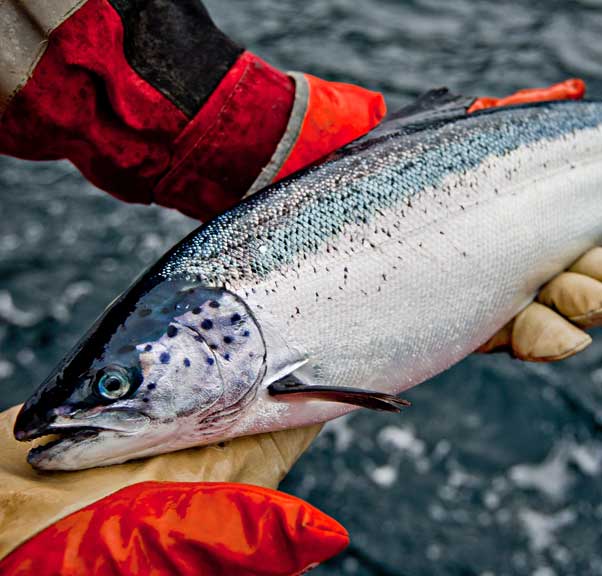A group of North Island mayors are upset about the federal government’s decision to phase out salmon farming in the Discovery Islands.
They, along with directors with the BC Salmon Farmers Association, sent a letter to federal fisheries minister, Bernadette Jordan.
The mayors involved include Campbell River’s Andy Adams, Port McNeill’s Gaby Wickstrom, Port Hardy’s Dennis Dugas, and Gold River’s Brad Unger.
They told Jordan that her “shocking decision to order Discovery Islands area salmon farms closed” directly puts at risk 1,500 jobs supported by those farms in the short term, while in the long term striking at a sustainable COVID recovery industry and at the economic viability of the entire $1.6 billion salmon farming industry in B.C.
The government plans to phase out existing salmon farming operations in the islands within 18 months.
Jordan says as well as phasing out the facilities, they will:
- stipulate that no new fish of any size may be introduced into Discovery Islands facilities during this time; and
- mandate that all farms be free of fish by June 30th, 2022, but that existing fish at the sites can complete their growth-cycle and be harvested.
Of the 19 farms in the Discovery Islands, nine have no fish in pens.
The letter claims that the government made this decision “without even speaking to the industry nor locally-elected officials who deeply understand BC’s salmon farming communities and have a direct interest in your action.”
“Our North Island communities deserve more from you than a hasty and confused process taken without consideration of the widespread impacts to local businesses and communities,” the letter says.
“Remarkably, your decision is also not based on science, which tells us responsible salmon farming with a strong regulatory environment does not harm wild salmon populations,” it continues.
The group says the timing “could not be worse.”
“Like all Canadians and residents of our communities during the pandemic, workers in the salmon farming industry, and local business owners are under severe emotional strain,” the letter said.
In response, the ministry said aquaculture plays an important role in B.C.’s economy, our collective food security, and coastal communities, and that the farms in the Discovery Islands “are a specific case.”
“These licenses were renewed on a yearly basis, always with the understanding that a decision regarding their permanent status would be made by December 2020,” the Ministry added.
“We will continue to work with the provincial government, industry, First Nations, and other key partners to create jobs and build a stronger, more sustainable aquaculture sector across the province, which includes finalizing a plan to transition away from open-net pens by 2025.”
In a release, the federal government pointed out that these facilities are some of the oldest sites on the West Coast and are located on the traditional territory of the Homalco, Klahoose, K’ómoks, Kwaikah, Tla’amin, We Wai Kai, and Wei Wai Kum First Nations.
“Consultations with the seven First Nations in the Discovery Islands area provided important guidance to the Minister and heavily informed the decision. This approach also aligns with the Province of British Columbia’s land tenure commitment that all aquaculture licenses as of June 2022 require consent from local First Nations,” the release said.
Jordan said that while the government “remains committed to sustainable, environmentally conscious aquaculture…. it must be developed collaboratively and include the voices of Indigenous peoples and all Canadians.”




